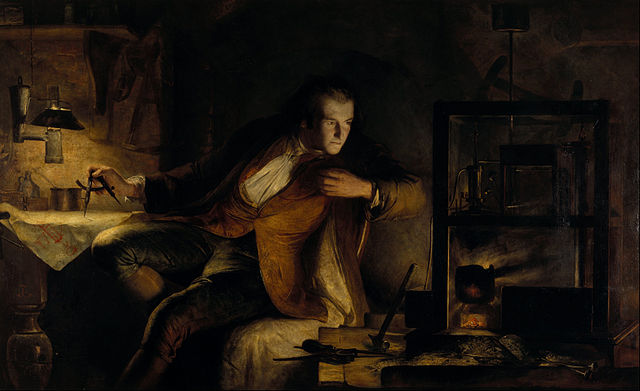
Story Highlights
- Historical event
- 25 August 1819
- A few people know that James Watt (famous for his powerful steam engine), also developed the portable copying machine and patented his invention. It was something akin to a mechanical predecessor of today’s photocopiers.
James Watt, one of the world’s most famous inventors, died on this day in 1819.
He was a Scottish, born on the banks of the River Clyde, west of Glasgow, where the river starts to flow into the Atlantic Ocean.
Watt spent most of his life in England, and died in Handsworth, England (near Birmingham) on this day in 1819.
Watt had many interests during his life. For example, he wanted to develop the portable copying machine so he experimented with thin papers.
He immersed them in water, and strongly pressed them to the original document. After many attempts Watt developed the portable copying machine and patented his invention. Such Watt’s devices were allegedly used in some offices up to the 20th century.
James Watt experimented with many chemical compounds. One of
his most interesting projects was the flexible tube, which could be laid on the bottom of the River Clyde, Scotland and used for Glasgow’s water supply infrastructure.
The commercial production of steam engines was developed due to his collaboration with Matthew Boulton, an Englishman from Birmingham.
They founded the “Boulton and Watt” company, which was located near Birmingham. Watt allegedly moved from Scotland to England due to this company.
He lived in the city of Birmingham from 1777 to 1790. After that, he lived in the large house known as Heathfield Hall. Heathfield Hall was located in Handsworth, a few kilometers from Birmingham, not far the house of his business partner Mathew Boulton (Soho House), and not far from their factory (Soho Foundry).
On this day, James Watt died in the mentioned house Heathfield Hall (aged 84). The watt (symbol: W), the unit of power, was named after James Watt.




